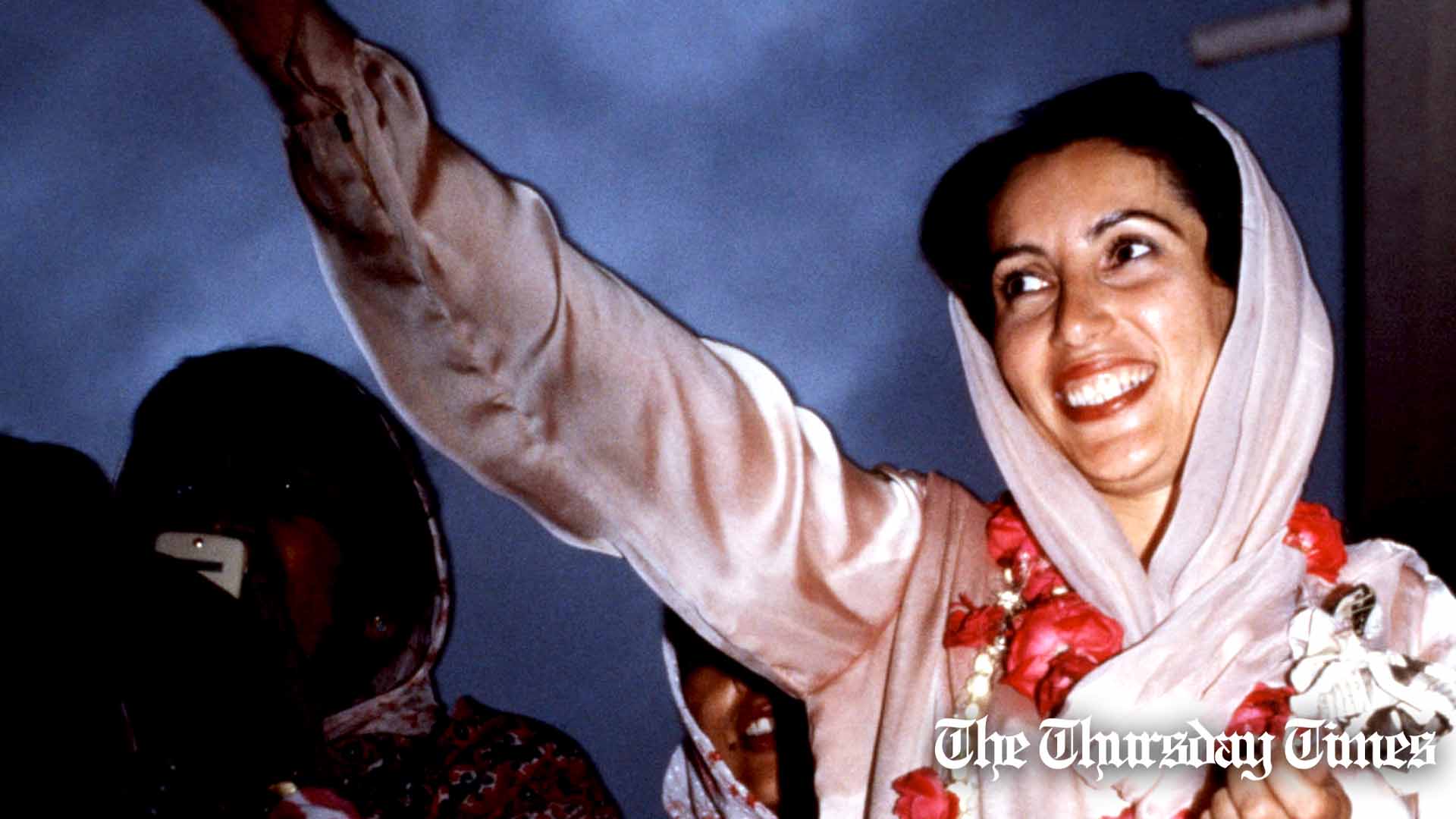Benazir Bhutto stood as a trailblazing figure in Pakistani politics under the banner of her father’s Pakistan People’s Party, or PPP, ascending to the prestigious roles of the 11th and then the 13th Prime Minister. Her dynamic leadership marked the periods from 1988 to 1990 and again from 1993 to 1996. She carved a historic niche as the first female to steer the helm of a democratic government in a predominantly Muslim country.
During her time in office, Benazir Bhutto achieved numerous milestones, overcoming both internal and external challenges. Among her accomplishments were the organization of Ulema Conventions in all provinces, and the establishment of a nuclear power plant in collaboration with China. Additionally, she was instrumental in setting up steel mills in Pakistan through an agreement with Russia. Bhutto played a key role in readmitting Pakistan into the Commonwealth nations and organized the SAARC conference in Pakistan.
Her tenure was marked by significant diplomatic achievements, including re-establishing bilateral relations with India and signing the Non-Nuclear Aggression Agreement in 1988. Bhutto was also pivotal in peacefully withdrawing the Russian army from Afghanistan and promoting peace initiatives in the region. Domestically, she focused on restoring democracy in Pakistan and actively campaigned to gain support from Islamic countries for the Kashmir cause.
Bhutto’s administration was dedicated to strengthening Pakistan’s defence capabilities through self-reliance in defence technologies. This included initiating an airplane manufacturing industry within Pakistan. Notably, she was the first prime minister to visit the Siachen Glacier and initiated the Zarb-e-Momin army exercises.
In terms of civil liberties, Bhutto made significant strides by lifting all black laws against press freedom in Pakistan. She transferred the National Press Trust to the private sector, ending government control over the print media. Furthermore, her administration rehired TV and radio employees who had been fired for political reasons by previous governments.
Bhutto’s government also focused on social welfare, providing monthly stipends for widows and orphans and creating employment opportunities for Pakistanis in overseas markets. She established the Federal Youth Council and a separate Ministry for Youth Affairs. Additionally, Bhutto’s administration established the Ministry for Anti-Narcotics and set up country-wide clinics for drug addiction recovery, contributing to a decrease in narcotics smuggling.
Infrastructure and economic development were key areas of focus during her tenure. This included constructing modern roads in every city and town, increasing oil and gas production by 22%, and providing gas to millions of consumers nationwide. Her government encouraged three mega industrial projects, including a Petrochemical project and a Toyota Corolla plant, and experienced a historic rise in the Karachi Stock Exchange. Bhutto’s administration also lifted the ban on gold imports and decreased the inflation rate from 9% to 5%.
Under Bhutto’s leadership, the telecom sector saw significant advancement, with the addition of 64400 new telephone exchange lines, 99391 telephone connections, and the linking of 14 additional cities by telephone. Other achievements included reopening the Balochistan Textile Mills and supplying electricity to over 4000 villages in a single year for the first time.
Efforts were made to streamline the process for obtaining an electricity connection, reducing the wait time to 35 days or less. Bhutto’s government encouraged private sector involvement in the power sector. Additionally, 60,000 new literacy centres were established, and flood control measures were implemented in far areas to protect crops and farmers’ properties.
Bhutto’s government also established a Women’s Ministry for gender development and addressed women-specific issues. They developed schemes for land desalination and created a strategy to end load-shedding within three years. Her administration opened 445 postal offices nationwide and expanded the Port Qasim at Karachi. Under her leadership, the Karachi Steel Mills became profitable for the first time in 1989, and the Heavy Mechanical Complex was turned from a loss-making entity into a profitable one.
Benazir Bhutto’s contributions, achieved within a relatively short period, have been etched into history. She will forever be remembered as a leader who steadfastly fought for the poor, with a legacy that serves as an example for rulers to remain unwavering in their principles.






